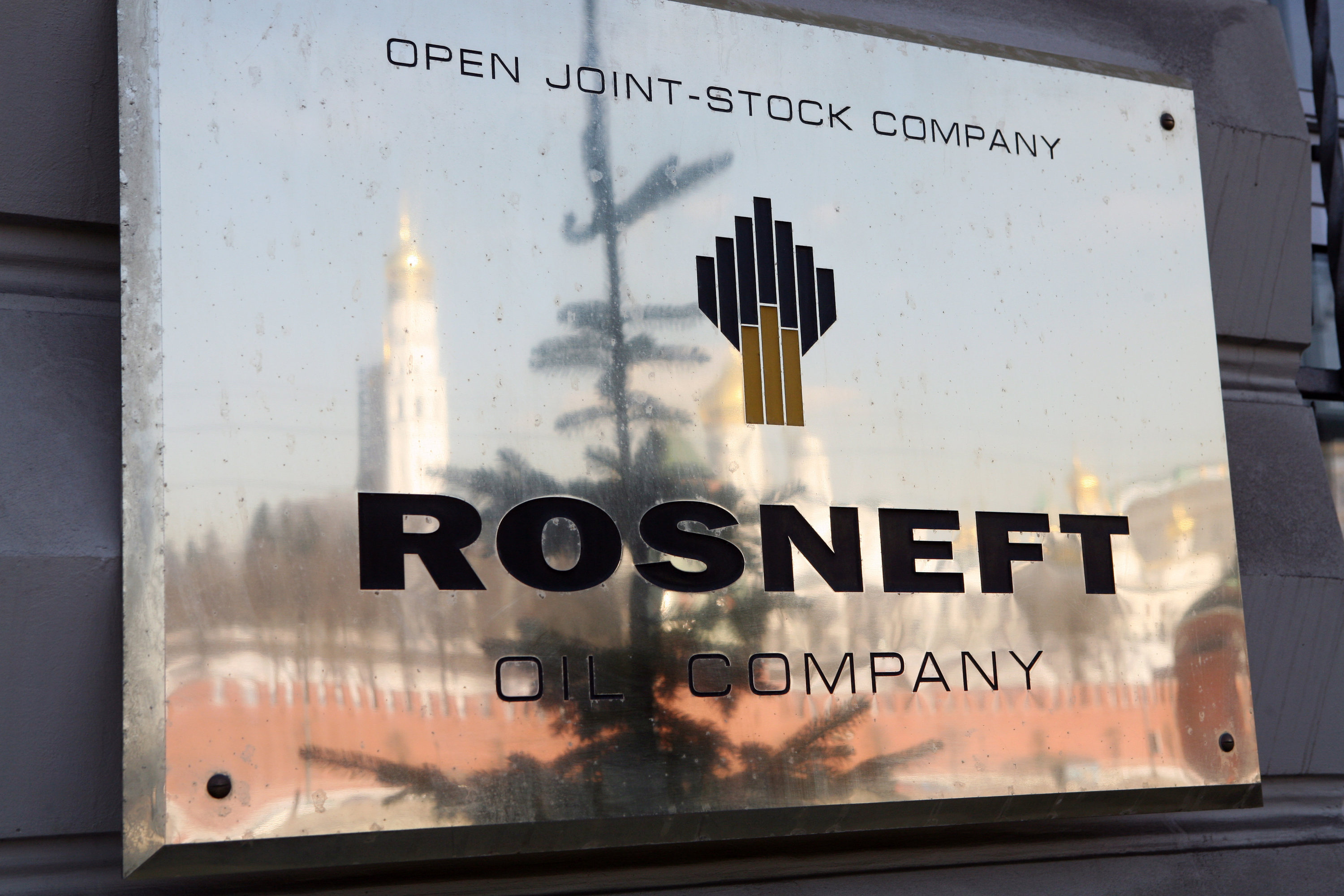MOSCOW, January 14 (RAPSI, Ingrid Burke) - A US federal court ordered Russian gas giant Samaraneftegaz to turnover assets in order to satisfy an approximately $186 million arbitral award granted to Yukos Capital SARL, according to court documents obtained by RAPSI.
The court further ordered Samaraneftegaz to refrain from paying dividends, making loans, or providing other such payments to shareholders or corporate affiliates until either the judgment is satisfied or a bond is posted pending appeal.
Samaraneftegaz is Rosneft’s second largest oil and gas production unit. Yukos Capital is a Luxembourg-based subsidiary of the now defunct YUKOS Oil Company.
The dispute revolves around two July 2004 loan agreements, which provided for the arbitration of disputes in Russia and under Russian law, as well as November 2005 addenda to the agreements that provided for arbitration in New York’s International Court of Arbitration of the International Chamber of Commerce (ICC) under New York law, according to the court order.
In August, a federal district court in New York granted a request by Yukos Capital for summary judgment in its efforts to seek enforcement of an arbitration award it had earlier won in the ICC against Samaraneftegaz.
In early October, a supplementary judgment linked to the August judgment ordered Rosneft to pay $185,907,785.41 plus interest to Yukos Capital, according to a statement issued by YUKOS Library.
Then in late October, Yukos Capital filed a memo requesting that a US federal court order Samaraneftegaz to honor the judgment.
In an order filed on Thursday, the US court held: “Yukos Capital is entitled to a turnover order and a restraining order prohibiting Samaraneftegaz from transferring its assets to its shareholder or corporate affiliates,” adding that “Yukos Capital is entitled to a turnover order for Samaraneftegaz’s out-of-state assets in order to satisfy the Judgment.”
Samaraneftegaz argued that a turnover order would offend principles of comity, conflict with a related Russian judgment, conflict with the UN Convention on the Recognition and Enforcement of Arbitral Awards, and be inappropriate for various other reasons.
The court referred to these objections in its orders as a “transparent attempt” to escape payment, as well as “strained and entirely unsubstantiated.”



